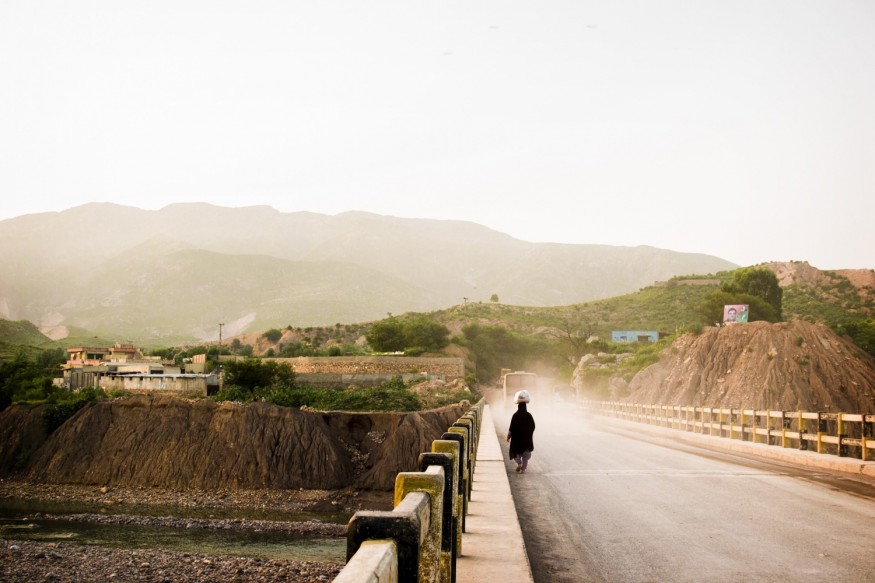
Pakistan is looking for ways to find out a carbon emissions market and has had discussions about the way to link the program with China.
A political adviser told Bloomberg that Prime Minister Imran Khan's administration had created a committee to evaluate the proposed mechanisms, which have the potential to expand the worldwide trade in pollution assets and assist Chinese companies in counteracting the emissions they produce.
"We are [initially seeing] a credit-based market, which suggests you'll offset in Pakistan, and you'll sell [it] to [bilateral] countries," said Malik Amin Aslam, who advises the prime minister on climate policy.
The remarks underscore goals to develop carbon trading in individual jurisdictions. Those efforts are moving forward even without an agreement about rules and procedures needed to control a worldwide market, which envoys at United Nations climate talks did not reach earlier in the week.
Mark Lewis, global head of sustainability research at BNP Paribas SA's asset management unit, told Bloomberg, "the better the nations get a taste of the trade and start taking whatever actions countries would take."
While Pakistanis emit but a fifth of the worldwide average of greenhouse gases per capita, its pollution levels have accelerated in recent years alongside the economic process. The nation's gross domestic product rose 5.4% last year, up from 1.6% at the beginning of the last decade, consistent with the International Bank for Reconstruction and Development data.
Under the Paris Agreement on global climate change, all nations agreed to require steps to rein in greenhouse emission emissions. Delegates seeking to sketch out a rulebook for a way carbon trading could help meet those targets did not reach an agreement at talks involving 200 nations that adjourned on Dec. 15.
Nations with carbon trading would generate credits representing emissions cuts then sell them to other countries or companies seeking to offset their pollution. Carbon markets, in theory, help steer investment toward projects that deliver emissions cuts most efficiently.
China is among the largest polluters worldwide and is building its national carbon market. Pakistan's initial discussions with its neighbor indicate Chinese companies could be ready to offset their emissions by purchasing credits from Pakistan, Amin Aslam said.
Apart from achieving Pakistan's environmental compliance, Aslam said: "China would benefit from the trade" by having cheaper credits than Beijing's market.
Envoys at the UN talks tripped up over the way to measure and verify cuts claimed under a future trading system. An earlier UN carbon market referred to as the Clean Development Mechanism lost credibility due to those issues, depressing the worth credits generated thereunder system to a couple of euro cents.
Pakistan has hired consultants to look at whether "that data reliability is there and the way we will improve that," Amin Aslam said.
Consultants said preparations would take two to 3 years, "but I told them to try to to it in six months [to make the trade useful for those who want data security]," the official said.
At the Madrid talks, Indonesia said it plans to start a pilot carbon market as soon as next year, a part of its effort to satisfy emission goals the Southeast Asian country committed to under the Paris deal.
In all, carbon markets are operating in about 50 jurisdictions worldwide, most notably within the European Union through the Emissions Trading System.
© 2025 NatureWorldNews.com All rights reserved. Do not reproduce without permission.





